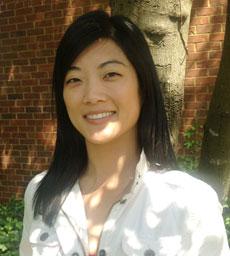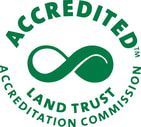Join us for our annual Science Symposium Saturday August 6th at 1pm 1 pm Keynote Speaker Dr. Barbara Han, Cary Institute of Ecosystem Studies "Identifying Potential Reservoirs and Vectors of Human Disease" The majority of emerging infectious diseases that affect humans originate in mammalian reservoirs and use blood-sucking insects as vectors for transfer from mammals to humans. There are thousands of species of mammals and blood-sucking insects but only some species are good vectors or reservoirs for human disease. Barbara Han has used computer models and global datasets to identify the characteristics of a good vector or reservoir species and identify species that are most likely to transmit undiscovered diseases. In this talk, she will discuss how considering these animal-based diseases from an ecological perspective contributes to a better understanding of the potential risk that infectious diseases may have in particular regions. 2 pm Research Talks Dr. Carmen Greenwood and Dr. Amy Quinn "Can the Federally Endangered American Burying Beetle (ABB) be Reintroduced to New York? Examining Habitat Suitability and Host Availability in the Huyck Biological Preserve" SUNY Cobleskill student researchers are conducting a multi-tiered assessment of site suitability in central New York for a potential reintroduction of the federally endangered American Burying Beetle (ABB). An evaluation of existing burying beetle communities within the Huyck Preserve and availability the of small mammal hosts they require indicate that eastern mixed forests may provide favorable habitat for ABB. 3 pm Wine and Cheese Student Poster Presentations Come support young scientists! The high school students from the Wildlife Ecology Research program and the undergraduate Odum interns will present their research projects in a poster session. They've been working hard for many weeks on their field research, so please come show your support for them! Topics to be presented include:
Comments are closed.
|
|
|
ContactAddress:
P.O. Box 189 5052 Delaware Turnpike Rensselaerville, NY 12147 Phone: (518) 797-3440 Email: [email protected] |
Stay Connected! |
All pictures copyright Huyck Preserve unless otherwise noted.


